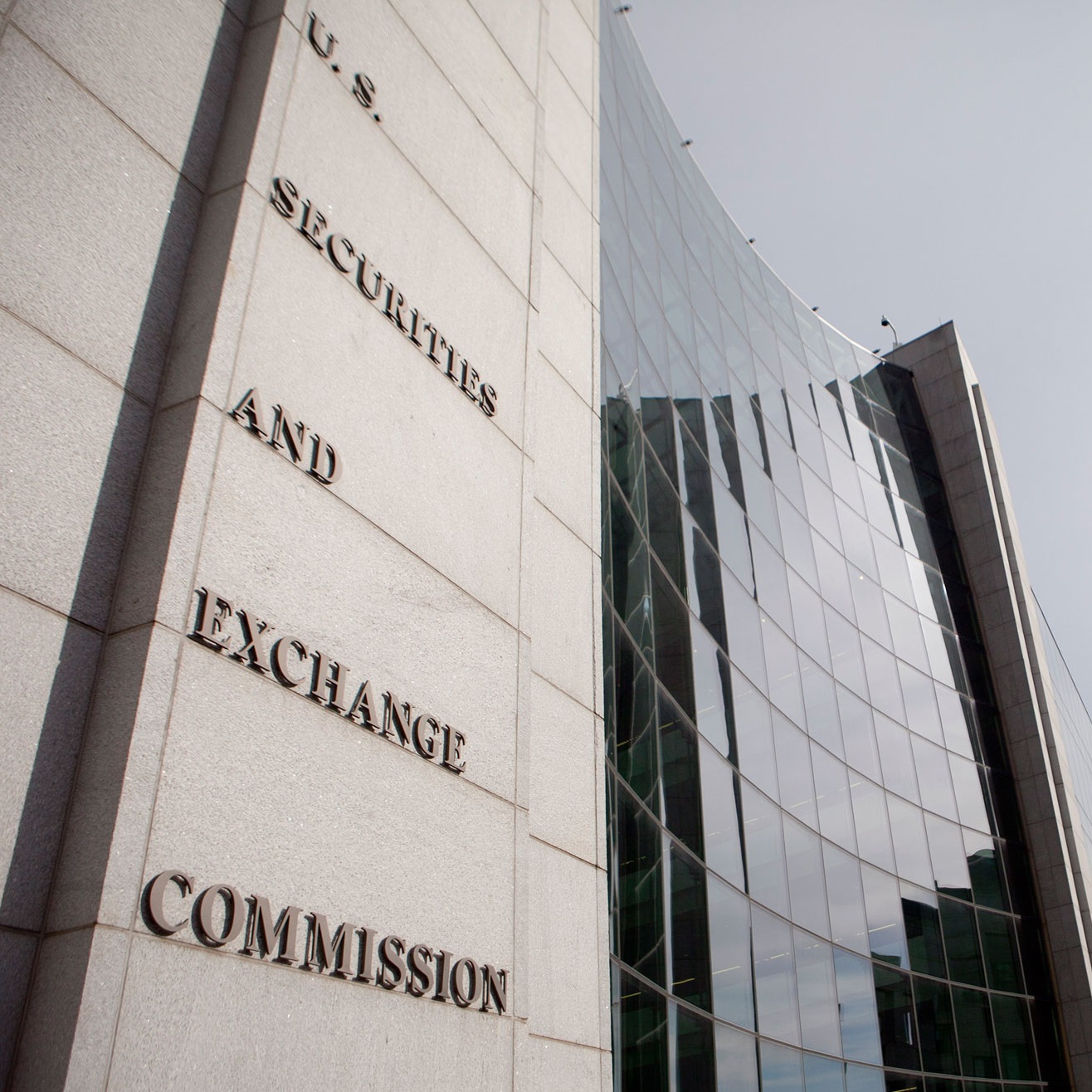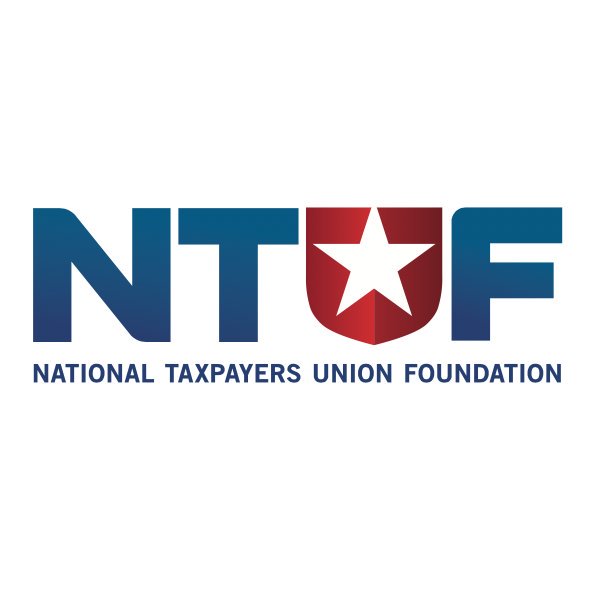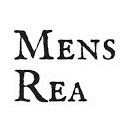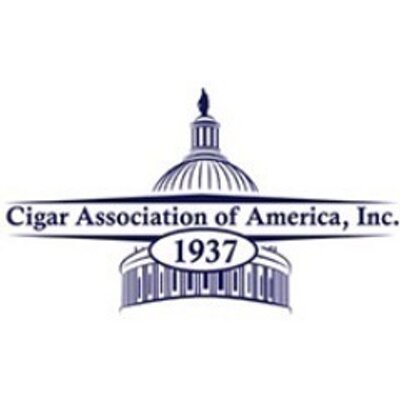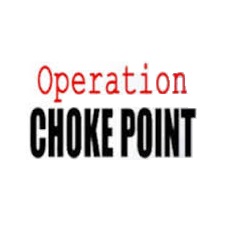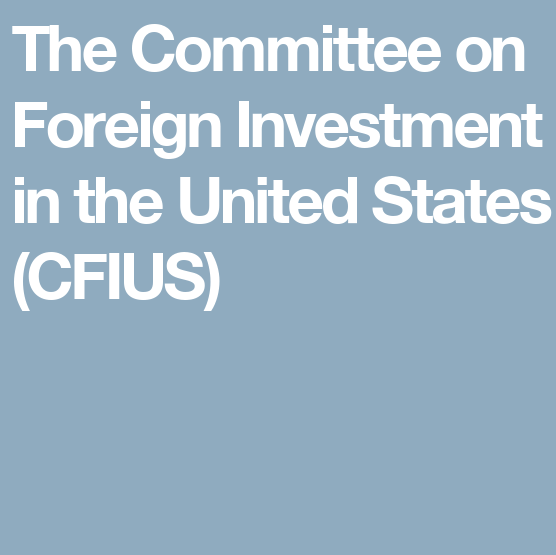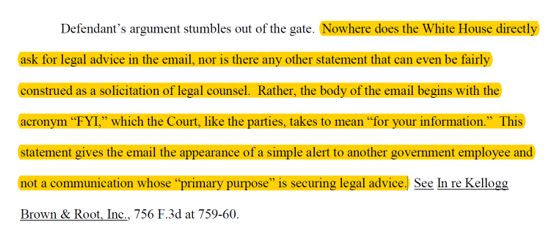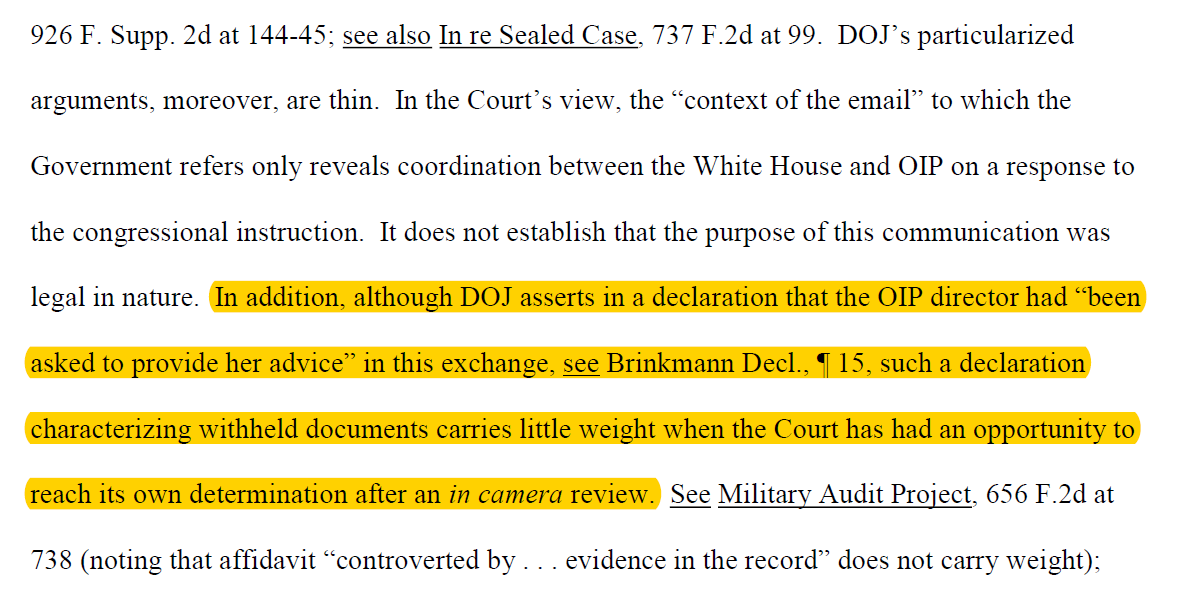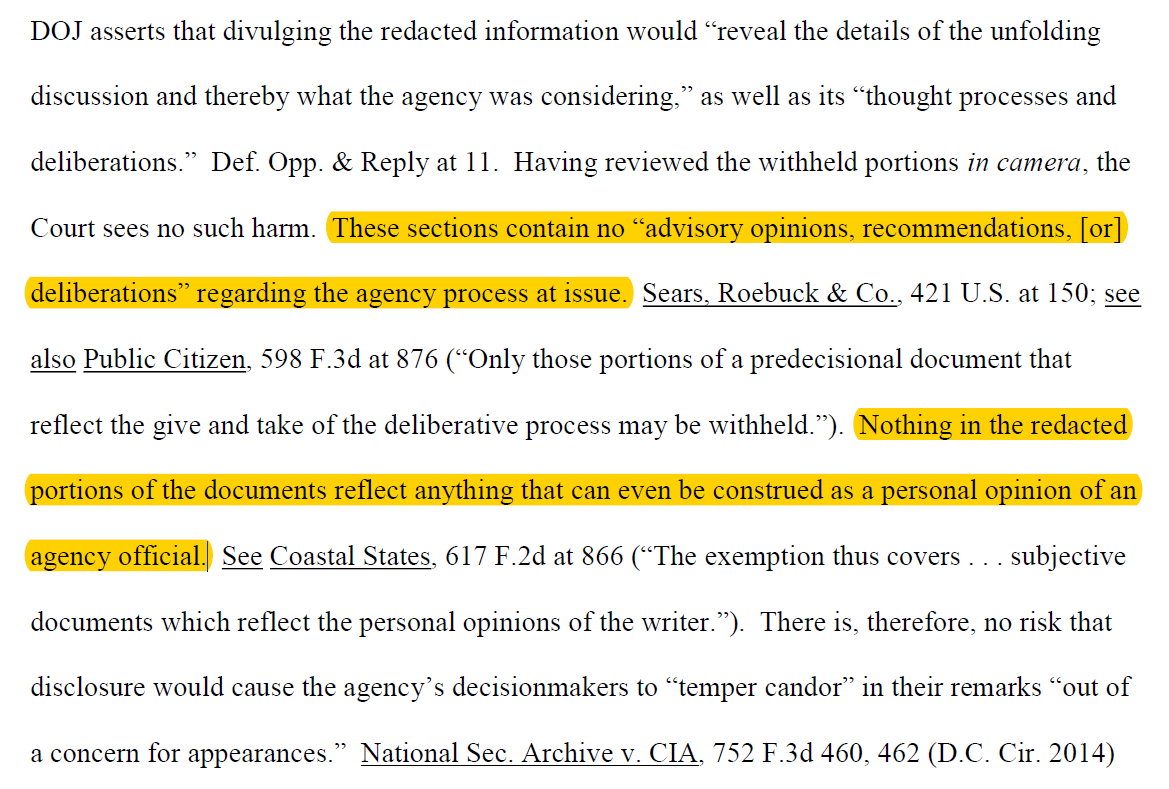Cause of Action Institute has acquired former FBI Director James Comey’s work-related emails from his personal Gmail account. Garnered from the FBI through the first of rolling document productions in an ongoing Freedom of Information Act (FOIA) lawsuit, the email records start to shed light on the extent of Comey’s use of private email to conduct agency business.
The problems associated with using personal email for government work are obvious but those caught in the act often try to act like they had no idea they were doing anything wrong or justify their behavior as merely incidental. Cause of Action Institute (CoA Institute) has been at the forefront of shining a light on this behavior, and first explored the issues raised by government employees using private email for official business in a 2012 journal article: “Gmail.gov: When Politics Gets Personal, Does the Public Have a Right to Know?” In the six years since that article was published, CoA Institute’s investigations have demonstrated how the use of personal email or messaging apps for government business hinders transparency and accountability.
The ability to shroud government action in secrecy can also harm the economic rights of ordinary Americans. For example, small-scale family fishermen were harmed when the National Oceanic and Atmospheric Administration failed to search private accounts for email records related to onerous regulations that would devastate their business. Government overreach cannot be fought effectively if the process and enforcement are kept in the dark. That’s why CoA Institute is committed to holding the government accountable to transparency laws and has brought cases to uncover the private email use of officials such as former Secretary of State Colin Powell, former Secretary of State Hillary Clinton, and now, former FBI Director James Comey.
On June 14, 2018, after the Department of Justice (DOJ) Inspector General (IG) revealed “numerous instances in which Comey used a personal email account (a Gmail account) to conduct FBI business.” CoA Institute submitted FOIA requests to the Federal Bureau of Investigation (FBI) and the IG to obtain copies of that email correspondence. After the agencies failed to respond to the requests in a timely fashion, CoA Institute filed a lawsuit on August 1, 2018 to bring transparency to Comey’s use of Gmail, which the IG had concluded was “inconsistent with the DOJ Policy Statement.”
The FBI provided its first rolling production late last week. You can read and download the documents here.
The FBI reviewed 526 pages, released only 156 pages, and withheld 370 pages in full. Notably, the FBI withheld seven emails under the FOIA’s law enforcement exemption, which applies only where the government can show that (1) a law enforcement proceeding is pending or prospective, and (2) release of information about that proceeding could reasonably be expected to cause some articulable harm. These withholdings are particularly troubling given that Director Comey told the IG he only used personal email “to word process an unclassified [document] that was going to be disseminated broadly, [such as a] public speech or public email to the whole organization.” And according to news reports, Comey “stressed that his personal email was never used for classified or sensitive work.”
The e-mails records released to CoA Institute show that Director Comey was aware that his use of personal email for government business would be seen as “embarrassing” to anyone who wasn’t aware of it previously.
The records also show that Director Comey used his Gmail to discuss the FBI’s investigation of Hillary Clinton’s email server. In other words, Comey was using a non-governmental email account while he was investigating Secretary Clinton for the same unlawful behavior.
In this case, as with nearly every instance, when public officials conduct business through unofficial channels, they are denying the public’s right to hold officials accountable through the most fundamentally sound principle of a healthy democracy: Transparency. Cause of Action Institute remains committed to holding government officials at all levels accountable and will continue to report on this case as the DOJ releases the more than 700 pages of Comey related emails that remain outstanding.
The full production can be found here.
FBI Production re Comey Gmails 10.31.18 (Text)
Other CoA Institute investigations of the use of personal email or messaging accounts for government business:
Documents Obtained by Cause of Action Show that Officials Worried About Hillary’s Emails But Took No Action (June 4, 2015)
Off-Grid Government: This Administration’s Pattern of Using Personal Email Accounts (December 22, 2015)
NOAA FOIA Response Suggests Refusal to Search Council Member Email Accounts for Records on At-Sea Monitoring Amendment (February 28, 2018)
CoA Institute Files Reply in Support of Motion to Order Enforcement Action in Colin Powell Email Case (May 4, 2018)
Kevin Schmidt is Director of Investigations for Cause of Action Institute. You can follow him on Twitter @KevinSchmidt8
____________________________________________________________
Media Contact: Matt Frendewey, matt.frendewey@causeofaction.org | 202-699-2018






